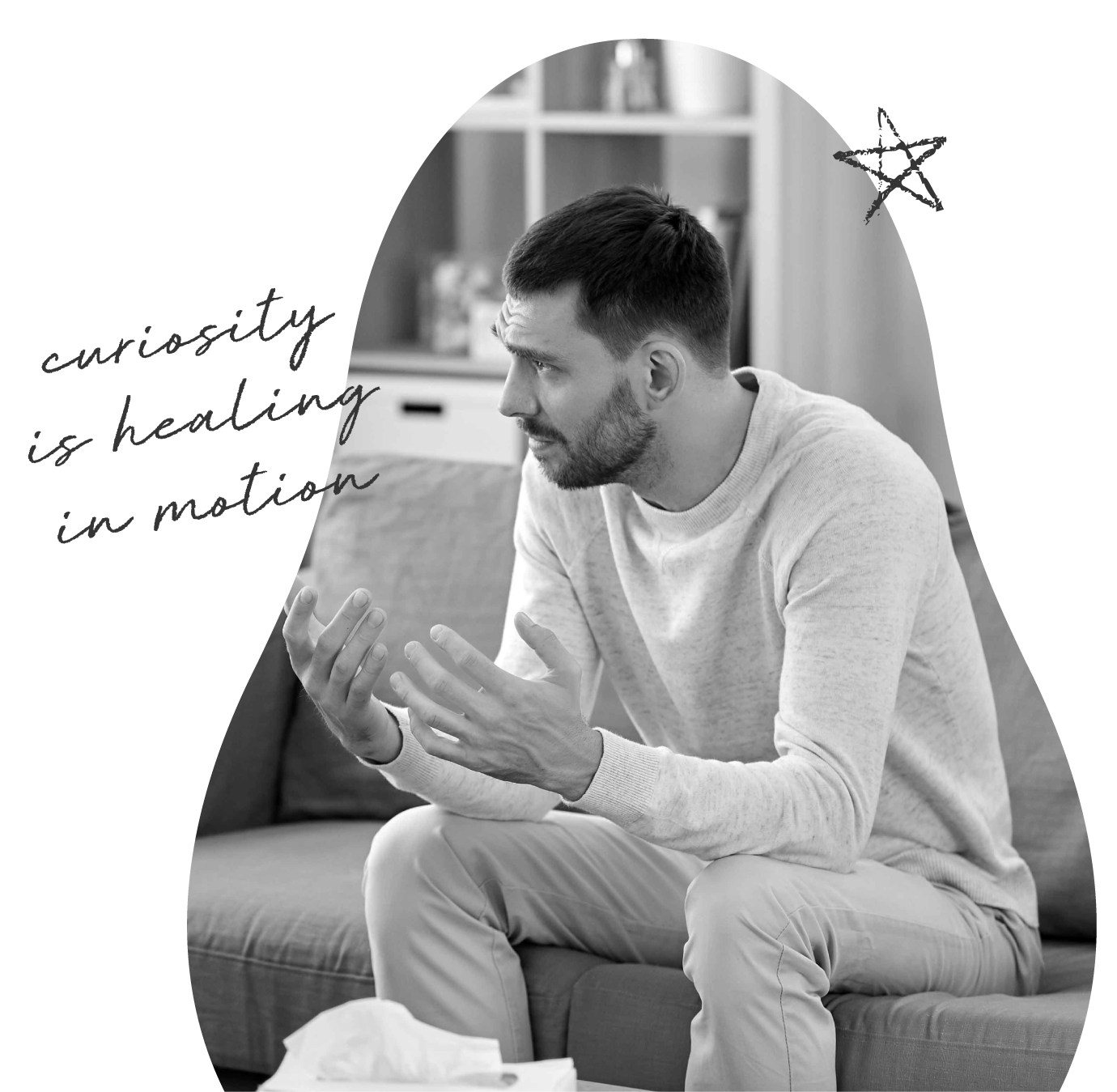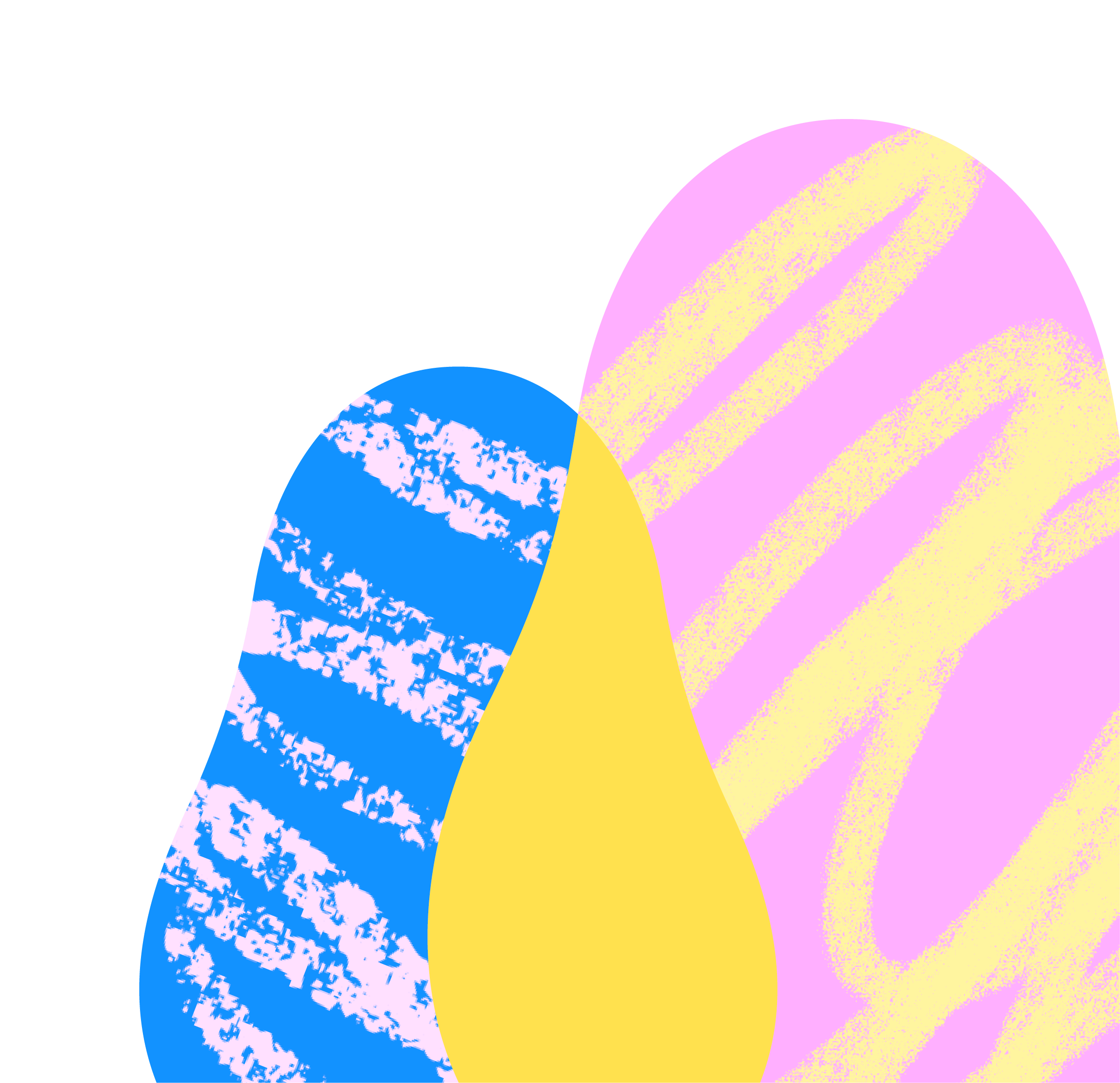Therapy Services
Internal Family Systems
At Moving Parts Psychotherapy, we offer Internal Family Systems (IFS) therapy as a compassionate, trauma-informed approach to understanding yourself with greater clarity and care. IFS is based on the idea that we all have an internal system made up of different “parts” – each with its own role, emotions, and way of trying to help us survive.
Rather than seeing inner conflict as a problem to fix, IFS therapy invites curiosity and connection. This approach helps you move out of self-judgment and into a deeper, more respectful relationship with yourself, especially in the aftermath of trauma.
Find self-compassion, connection, and healing within.
Trauma often narrows our perspective, leading to black-and-white thinking about who we are: I am broken, I am bad, I am too much. IFS gently challenges this by acknowledging the complexity of the human system.
You are not all one thing. You are many parts, each carrying different stories, needs, and intentions.
For those who struggle with self-compassion, IFS offers a more approachable entry point. Rather than asking you to feel compassion for your entire self, we start by offering small, manageable doses of care to specific parts. Over time, this often makes compassion feel safer, more natural, and more sustainable.
“Most of us received some version of the message ‘just put it behind you – let it go’ from well-meaning family and friends. So we exile the fallout from dreadful episodes in the past. But in doing that, we’re not only exiling memories, sensations, and emotions, we’re also exiling the parts of us that were hurt most by those events.”
– Richard Schwartz
What exactly is Internal Family Systems (IFS)?
Internal Family Systems therapy recognizes that our minds are complex and protective. Over time, parts of us take on specific roles in response to life experiences, stress, or trauma. These roles often develop as adaptations; creative ways your system learned to cope when something felt overwhelming or unsafe.
You may notice parts that feel anxious, depressed, self-critical, people-pleasing, impulsive, or shut down. While these parts can sometimes cause distress, in the IFS model they are never seen as “bad.” Each part is doing the best it can with the resources it had at the time.
IFS therapy helps you gently get to know these parts, understand what they’ve been protecting, and support them in letting go of roles that are no longer needed.
Self Leadership & Healing
At the heart of IFS is the concept of Self-leadership. The Self is a naturally calm, curious, and compassionate state that exists within everyone, even if it feels hard to access at first.
When parts feel overwhelmed or overburdened, they tend to take over. When the Self is present, parts don’t have to work as hard. They can soften, rest, and trust that someone capable and caring is leading the system.
IFS therapy supports a shift from being part-led to being Self-led, allowing you to respond to life from a more grounded, resourced place rather than from old survival patterns.
Who can benefit from Internal Family Systems therapy?
IFS therapy is especially helpful for individuals navigating:
Trauma and complex trauma
Anxiety and depression
Self-harm behaviors
Shame and self-criticism
Relationship difficulties
Identity confusion or inner conflict
Emotional overwhelm or numbness
IFS can be used as a primary therapy tool or integrated with other modalities such as EMDR and Somatic Experiencing for a more holistic approach to healing.

Our Approach
At Moving Parts Psychotherapy, our approach to Internal Family Systems therapy is relational, collaborative, and paced with care. We recognize that turning inward can feel vulnerable, especially for those with a history of trauma.
Before moving into deeper parts work, we focus on:
Establishing emotional and nervous system safety
Building trust and internal resources
Moving at a pace that feels respectful and sustainable
IFS integrates naturally with trauma therapy by connecting emotional experience, body awareness, and memory reconsolidation. It allows trauma healing to unfold without forcing insight or retraumatization.
Healing for all the parts of you.
Healing from trauma is not quick or linear, but you don’t have to do it alone. Whether you’re just beginning to explore trauma therapy or considering more intensive trauma work, we’ll meet you with safety, respect, and a touch of healthy humor (when appropriate).
If you’re looking for trauma therapy in South Austin and want support that honors your resilience and validates your lived experiences, please reach out to schedule a free consultation.





